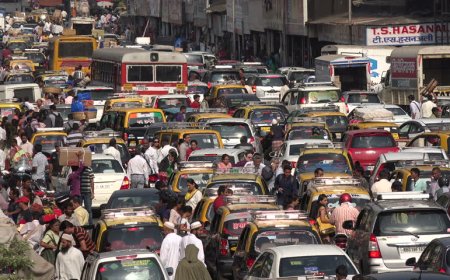5 Ways Libertarians Would Fix Indian Traffic (Hint: No Toll Plazas, Just Freedom of Movement)
Explore five libertarian-inspired solutions to India’s traffic woes. From privatizing roads and decentralizing toll systems to incentivizing carpooling and telecommuting, these market-driven approaches promise a smoother, more efficient transportation experience. Say goodbye to congestion and bureaucratic delays!
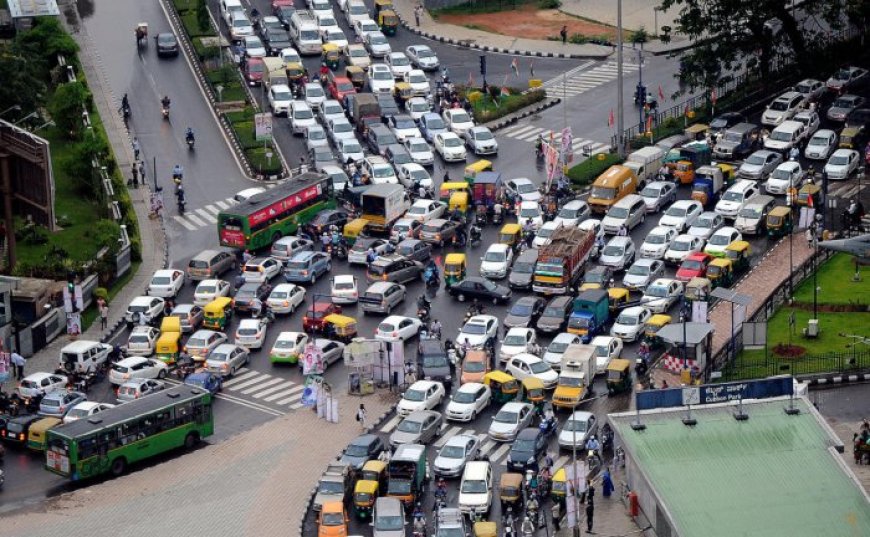
Indian traffic has long been a source of frustration for commuters, with clogged streets, jam-packed highways, and chaotic intersections. The constant congestion, long waiting times, and inefficient public transport options make daily travel a nightmare for many. What if there was a way to solve these traffic woes, not through more government interventions, but through libertarian solutions that emphasize freedom, competition, and market-driven approaches?
Here are five libertarian-inspired ideas that could revolutionize Indian traffic and bring about smoother, more efficient transportation systems for everyone.
1. Privatize Roads for Better Management and Innovation
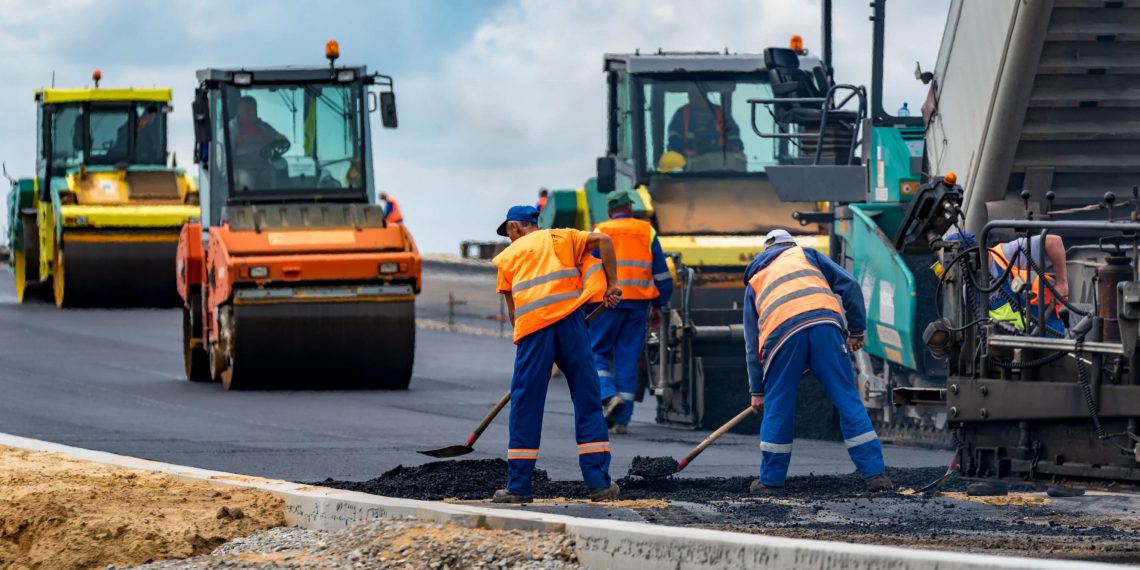
One of the most radical, but effective, libertarian ideas to fix traffic in India is the privatization of roads. Currently, roads are managed by government authorities that struggle to keep up with the growing demand. By privatizing roads, road owners would have a direct incentive to maintain, upgrade, and manage the infrastructure effectively.
In this model, roads would be owned and maintained by private companies, which would be incentivized to keep traffic flowing smoothly and efficiently to maximize profit. These private road owners would have the freedom to implement innovative solutions like smart traffic management systems, dynamic pricing, and real-time monitoring to ease congestion.
Additionally, with private ownership, there would be more competition, leading to better quality of roads and faster repairs. Rather than waiting for bureaucratic processes to approve road maintenance, private companies would be able to act quickly, reducing delays and improving safety.
How it works:
- No government inefficiency: Quick responses to repairs and road improvements.
- Incentive-driven infrastructure: Private companies focus on providing high-quality roads.
- Innovation at its best: Use of advanced traffic management technologies to optimize road usage.
2. Decentralized Toll Systems (Goodbye to Toll Plazas)
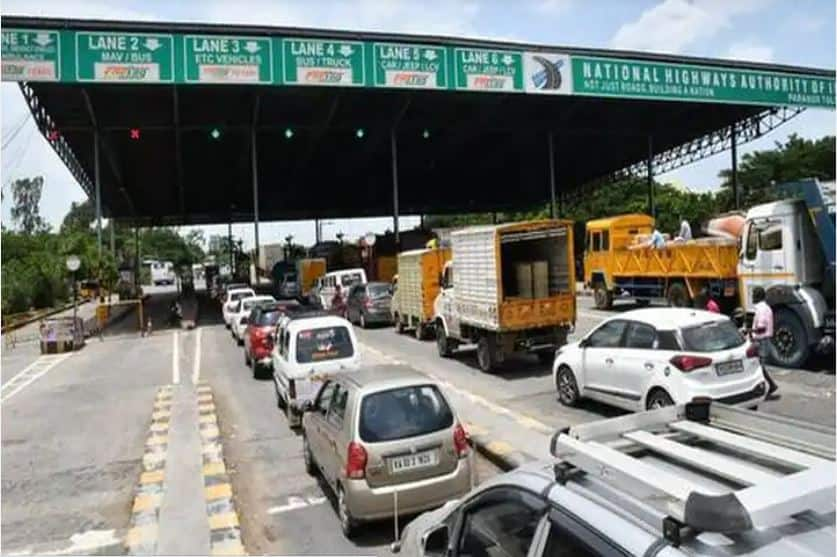
We’ve all been there—stuck in long lines at toll plazas, wasting precious minutes (or even hours) just to pay a toll. This bureaucratic process not only increases commute times but also results in inefficiencies that slow down traffic.
Libertarians advocate for decentralized toll systems, where tolls are collected via electronic or automatic systems instead of physical plazas. This means that commuters no longer have to stop, pay, or wait in line. Instead, toll charges would be automatically deducted as vehicles pass through smart sensors or GPS-based systems. The revenue generated would go directly to the maintenance of the roads.
This approach would reduce congestion at toll points, improve traffic flow, and allow for real-time toll adjustments based on demand. For instance, during off-peak hours, toll prices could decrease to encourage people to travel during quieter times, easing congestion during peak hours.
How it works:
- Faster movement: No need to stop at toll plazas.
- Dynamic pricing: Toll prices adjust according to demand.
- More efficient revenue collection: Reduced administrative overhead and faster revenue generation.
3. Market-Driven Urban Planning: Building for Traffic Flow, Not Bureaucratic Goals
India’s urban planning has been shaped by outdated bureaucratic thinking, resulting in poorly designed roads, overcrowded neighborhoods, and inefficient public transport systems. Libertarians would advocate for a market-driven approach to urban planning, where private developers and businesses play a key role in designing and building the infrastructure.
Under this system, urban spaces would be developed based on the real needs of the market rather than political preferences. This means better transportation routes, more efficient use of land, and infrastructure designed to accommodate increasing traffic.
Private developers would have the freedom to design multi-modal transport hubs that seamlessly connect roads, metro stations, and bus stops. These hubs would be strategically located in key areas to reduce the distance commuters need to travel, minimizing traffic congestion and reducing reliance on private vehicles.
How it works:
- Urban development based on demand: Projects are designed with actual traffic needs in mind.
- Private sector involvement: Developers incentivized to create efficient, accessible spaces.
- Holistic transportation solutions: Integration of different transport modes like cars, buses, and metros.
4. Incentivize Public-Private Transport Partnerships

Instead of relying on government-run public transport systems that often lack funding and fail to meet the needs of citizens, libertarians would encourage public-private partnerships (PPPs) to provide efficient, affordable, and high-quality transportation options.
In a libertarian model, companies could operate private buses, shuttles, and shared car services, allowing people to choose from a wide variety of options. These companies would compete with each other, offering better services, lower prices, and more convenient schedules to attract customers.
Additionally, ride-sharing services like Uber and Ola could be expanded and integrated into the public transport system. By creating a seamless transportation network, these services would help reduce the number of cars on the road, alleviating congestion and promoting more efficient use of resources.
How it works:
- Competition for better services: Private companies strive to offer better options at competitive prices.
- Increased accessibility: More transport options for people across all income levels.
- Fewer cars on the road: Efficient ride-sharing options reduce traffic.
5. Encourage Carpooling and Telecommuting with Tax Incentives
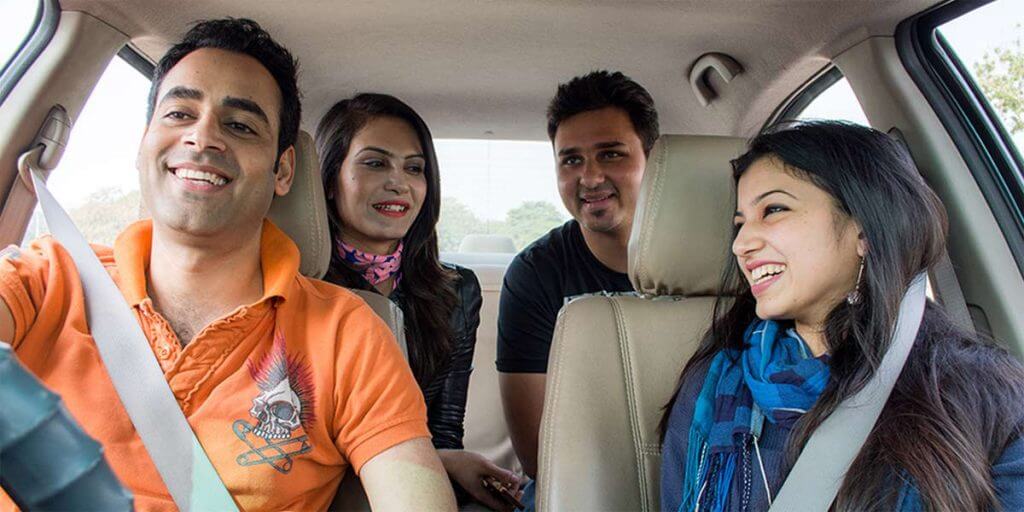
Libertarians believe in freedom of choice, but they also know that incentivizing people to make better choices can help solve social problems like traffic congestion. By offering tax breaks and other incentives for people who participate in carpooling or choose to telecommute, traffic congestion can be greatly reduced.
Governments could offer incentives such as tax deductions for carpooling with others or for using ride-sharing services that reduce the number of vehicles on the road. Similarly, businesses could be encouraged to offer remote work options to their employees, cutting down on the need for daily commuting altogether.
How it works:
- Financial incentives: Tax benefits for individuals and companies who reduce their travel-related carbon footprints.
- Increased use of carpooling: Reducing the number of vehicles on the road by encouraging shared travel.
- Less commuting, less traffic: Encouraging remote work and reducing peak-hour congestion.
Conclusion: Freedom Over Bureaucracy, Movement Over Regulation
Traffic congestion in India is a complex problem, but libertarian solutions could lead to more efficient, innovative, and hassle-free transportation systems. From privatizing roads to incentivizing carpooling and telecommuting, the key to solving India’s traffic crisis lies in reducing unnecessary regulations and embracing a market-driven approach.
By giving individuals and businesses more freedom to innovate, create, and solve problems, we can free ourselves from the gridlock that has long plagued Indian roads. The road to a smoother, faster, and more efficient transportation system lies in less government interference and more entrepreneurial solutions. After all, in a libertarian society, it’s all about freedom of movement—and who wouldn’t want that on the road?
What's Your Reaction?














































